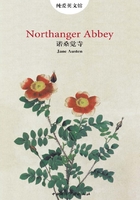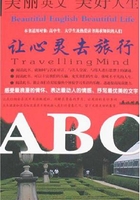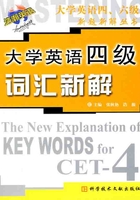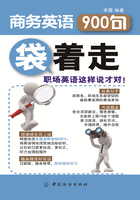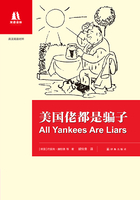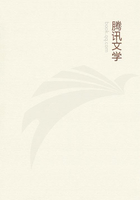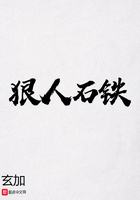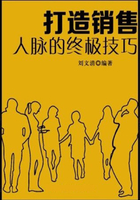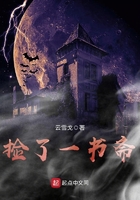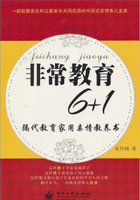The "Wenzhou model," which was later lengthily summarized and demonstrated by theorists, was actually just a product of the practical ingenuity of the Wenzhou townspeople—our country's first migrant workers.
On January 17 of the lunar calendar, I received a phone call from Xiaoqiang. His father Zhang Degui had returned to Beijing, and it would be another few weeks before his grandfather would also return. Xiaoqiang told me that both his father and grandfather were willing to talk to me.
I met Xiaoqiang's father Degui at a bungalow near Liuliqiao. There was a filthy sign hanging from his front door that read "Weimin Decorating Company."
Degui was the spitting image of his son: he was of average height, with the same square face and bushy eyebrows.
"Good for you, Degui! You have your own company now."
Degui smiled in a way that made him look more sincere than his son, "Haha, it's not really a company. When orders come in, I ask some of my old friends to muck in, and when there's no work, then I get by on my own."
The bungalow was around a dozen square meters in size and inside there was a table, a bed and a gas oven, serving as both his "office" and his home. Degui said, "My father still keeps a warehouse where he lives and my wife has always been back in Hong'an. Xiaoqiang wouldn't live with me. So I live here by myself, simple as that."
As he was saying this, his phone rang. It was a customer that was going to have a floor laid the next day, but didn't trust his current workman. He wanted Degui to have a look, which he readily agreed to do.
Although he looked rather old, Zhang Degui was actually born in 1963 and so hadn't yet reached fifty. In 1979, he failed the high school entrance exams after graduating from junior high school. At that time, Hong'an Village had started to distribute farmland to households, and farmers were even allowed to set up small businesses. At the age of sixteen Degui followed his cousin around the neighboring villages, helping him to buy eggs from peasant families and then sell them on to dealers. It was a hard job; Degui had to walk forty to fifty li of dirt road every day, come rain or shine. However, after collecting six to seven hundred eggs a day with a profit margin of three cents per egg, Degui could earn two yuan a day, which was quite a fortune at the time. Unfortunately this couldn't last forever. After six months, as other people entered the same business, Degui could no longer earn any money. Later, he tried other things, among them waste recycling, which he did for a year.
Rural youth at that time had only three "ways out" : the first was getting into university, the second enlisting in the army, and the third learning a trade. For Zhang Degui, going to college was no longer an option. His father, Zhang Yuhe, had been a soldier and knew how hard it was, so he was not willing to send the only boy in the family into the army. The only choice left was to learn a trade.
In 1982, Zhang Yuhe received a letter from his old comrade-in-arms who was working for the Sanitation Bureau in the Haidian District of Beijing. He said in the letter that they needed temporary cleaners and asked Yuhe to come. Now that Hong'an was so poor, surely working in the city would be better than staying in the countryside. Before he left, Yuhe entrusted his son to the care of a carpenter in the village. Degui went on to become his apprentice for three years, after which he started to make a living from building houses and making furniture.
A couple of years after Yuhe became one of the first batches of migrant workers to leave his village, others began leaving in droves. Degui became envious and wrote a letter to his father saying that he wanted to leave too. But his father threw cold water on the idea "You don't know what it's like out here. You just stay at home and stop thinking about that nonsense!"
In 1988, Zhang Degui got married. In 1990, when Beijing hosted the Asian Games, Degui could no longer resist the temptation to go to the city. After discussing the prospect of setting up a business with two of his friends in the village who could also do woodwork, the three of them decided to set off together in search of work. This time Degui did not tell his father, lest he would try to stop him again. But where could they go? Since one of the two companions had already been there before, the three, without much thought, went directly to Tanggu in Tianjin.
Degui remembered it vividly; they got there on September 9 at the dead of night. Strangers to this new and unfamiliar place, the three wandered aimlessly around the area close to the train station. Finally they found a bathhouse where it cost fifty cents to spend a night, and this became their first lodging place.
The next morning, they went to the corner of a street that Degui remembered as "Xiangyang Street." The three friends set up camp on the roadside, laid their three saws out on the ground, and wrote "Woodwork" on a piece of paper. Thus began their carpentry business. Surprisingly, the business went fairly well. At noon that very day, a middle-aged man came and asked them to make some furniture. They finished the work in a week, and earned 200 yuan in total.
But there were times when things didn't go so smoothly. One time, they made a bed for a customer. But the customer measured the bed and insisted that it was short by five centimeters. Not only did he refuse to pay them, but he almost took a swing at them too.
The three of them stumbled along like this for several months. As it got colder, they decided to go home. After working out their total earnings and expenses, including what they had spent on food, lodging and travel, they calculated that each of them had made 700 yuan.

